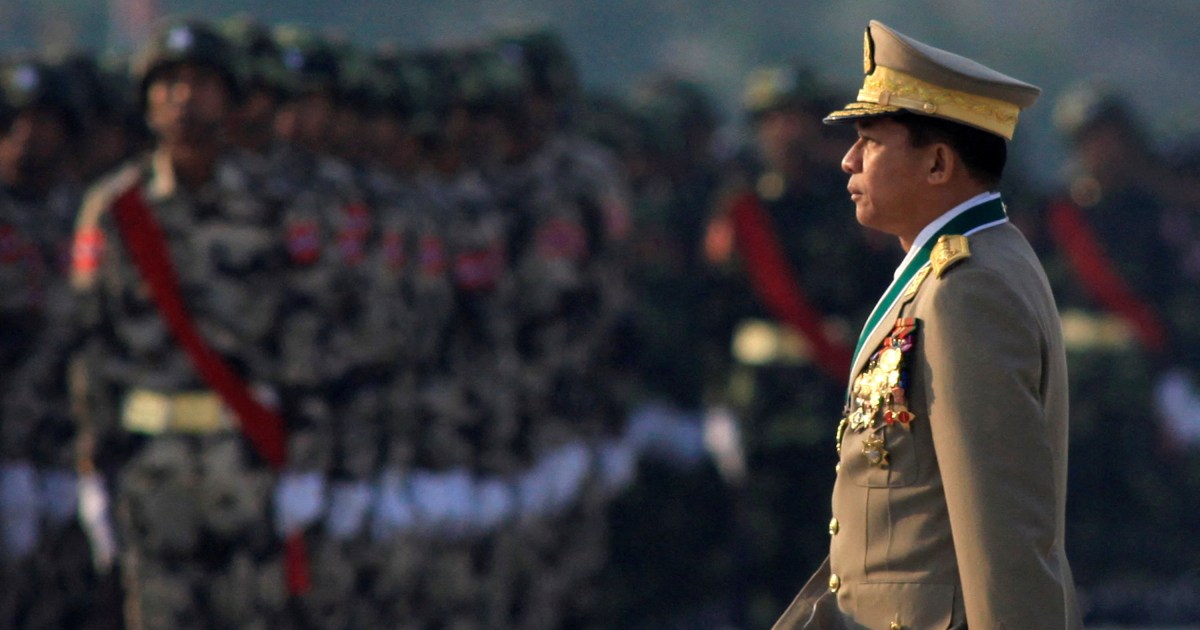The call was made by Malaysian Foreign Minister Mohamad Hasan during a meeting with ASEAN member foreign ministers on Sunday in Kuala Lumpur.
Since the military carried out a coup and removed Aung San Suu Kyi as civilian leader in February 2021, the regional bloc has so far spearheaded pointless diplomatic efforts to put an end to Myanmar’s conflict. ASEAN’s coup leaders were prevented from attending its annual meeting because of Myanmar’s failure to implement a five-point peace agreement reached in April 2021.
In his opening remarks, Mohamad urged the stakeholders in Myanmar to end hostilities, extend and expand the ceasefire, speed up the long and challenging recovery process, and lessen the suffering of the country’s citizens.
He suggested that “beyond the currently affected zones” the ceasefire be extended and expanded.
Malaysia currently serves as ASEAN’s rotating chairman.
As Myanmar’s problems had spread across borders, with a growing number of refugees fleeing to ASEAN countries and escalating trans-border crime, Mohamad earlier called for the bloc to intensify efforts.
He claimed that Malaysia’s efforts to de-escalate the violence and gain more access to humanitarian aid would be difficult because of a “trust deficit.”
Following a massive earthquake in late March that killed nearly 3,800 people and left tens of thousands homeless, senior general Min Aung Hlaing-led military government officially declared a truce in the multi-sided civil war.
Although conflict monitors claim continued fighting, including regular military-led airstrikes, the truce has previously been extended.
Anwar Ibrahim, the prime minister of Malaysia, met Min Aung Hlaing in Bangkok in April and pleaded with him to respect the truce.
After the meeting, Anwar claimed that ASEAN had “concern” and wanted to slowly achieve “fair and free elections,” something that analysts have predicted will be challenging, if not impossible, to accomplish.
ASEAN’s long-standing policy of non-imititiveness in its member nation’s domestic affairs has also hindered its ability to resolve the conflict.
Despite the armistice, the military government continues its deadly aerial bombardment campaign, according to the UN and independent conflict monitors.
A military air attack in the middle of May, according to witnesses, killed 22 people, including 20 children, when it hit a school close to the epicenter of the earthquake.
Numerous ethnic and anti-coup organizations have made joint statements to put an end to hostilities.
Some residents of eastern Myanmar claim to have been driven out as a result of anti-coup forces’ relocation of military-held towns along Thailand’s lucrative trade route.
The military government of Myanmar has made it known that elections will be held at the end of the year.
Source: Aljazeera

Leave a Reply